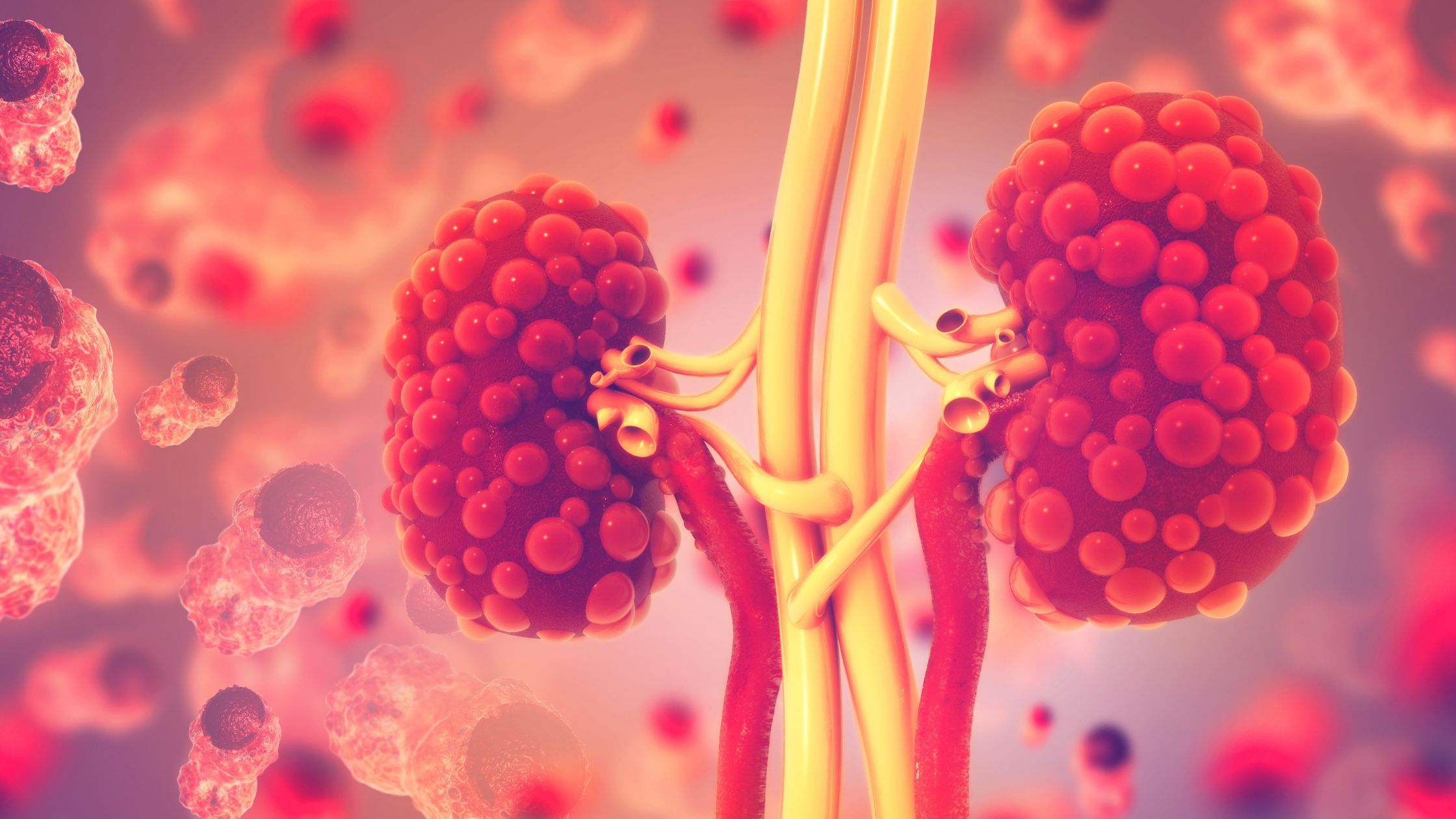8 Signs of Kidney Disease Not to Overlook
Your kidneys might be small, but they are very important for keeping you healthy. They filter waste out of your blood, balance fluids, and help control your blood pressure. If your kidneys start having problems, the warning signs can be easy to miss. Read on to learn eight signs of kidney disease that you should never ignore.

Feeling More Tired Than Usual or Trouble Focusing
If you are feeling extra tired, drained, or have trouble concentrating, your kidneys might be trying to tell you something. Healthy kidneys clean waste from your blood. But if they aren’t working right, waste builds up, which can lead to fatigue and difficulty concentrating. Fatigue can likewise be caused by anemia, which often happens when the kidneys are not working well.
Swelling in Your Ankles, Feet, or Hands
Your kidneys help balance the fluids in your body. When they don’t work like they should, extra fluid can build up and cause swelling in your ankles, feet, or hands. This is called edema, and it often looks like puffiness in your legs or feet because the kidneys cannot remove excess fluid effectively. It can be an early warning sign of kidney problems.
Changes in Your Urine
Changes in your urine are one of the biggest signs that something might be wrong with your kidneys. Watch for these changes:
- Foamy or bubbly urine: This could mean there is too much protein in your urine, which is a sign of kidney damage.
- Dark or less urine: If you have less urine or it looks darker, your kidneys might not be filtering correctly.
- Frequent nighttime urination: If you need to get up a lot during the night to pee, it could mean your kidneys are having trouble.
Feeling Nauseous or Throwing Up
Nausea and vomiting can be caused by lots of things, but they are also common if you have kidney disease. When the kidneys can’t filter waste well, toxins build up in your body, which can make you feel sick. If you feel this way often and can’t explain why, it’s a good idea to talk to your doctor about your kidneys.
Itchy or Dry Skin
Your kidneys help keep the right balance of minerals in your body, like phosphorus and calcium. When they aren’t working well, these minerals can get out of balance, causing bone and mineral problems. This might make your skin dry and itchy. If lotion doesn’t help and you keep feeling itchy, it could be a sign of kidney trouble.
Shortness of Breath for No Clear Reason
Another sign of kidney disease is shortness of breath. This happens because extra fluid can build up in your body, including your lungs, which makes breathing more difficult. Also, anemia caused by kidney problems can mean there is not enough oxygen in your body, which makes you feel out of breath. If you’re having trouble breathing and don’t know why, it’s worth talking to your doctor.
Muscle Cramps and Restless Legs
Muscle cramps, especially in your legs, are common for people with kidney disease. This happens because kidneys help balance electrolytes like calcium and potassium. If this balance is off, it can lead to cramping or even a feeling of restlessness in your legs.
Changes in Your Appetite or a Strange Taste
If you have a loss of appetite or a strange metallic taste in your mouth, it could be an indication of kidney problems. Waste building up in your body can make food taste different and might even cause bad breath. If food doesn’t taste right anymore, it could be time to check your kidney health.
When to Talk to a Doctor
If you notice any of these signs, don’t ignore them or think they’re just part of getting older. Make an appointment with your doctor to talk about your symptoms, especially if they don’t go away. Catching kidney disease early can help slow it down and enhance your life.
FAQs About Kidney Disease
1. How can I protect my kidneys from damage?
To protect your kidneys, make sure to stay hydrated, maintain a healthy diet low in salt and processed foods, manage blood pressure, avoid smoking, and exercise regularly. Regular check-ups are also important, especially if you have risk factors like diabetes or high blood pressure.
2. Can kidney disease be treated?
Yes, kidney disease can be treated, especially if caught early. Treatment options often include lifestyle changes, medications to control symptoms like high blood pressure, and sometimes dialysis if kidney function is severely reduced. Early diagnosis and management are key.
3. Are there foods that can help improve kidney function?
Certain foods can help support kidney health, such as berries, apples, garlic, and leafy greens. Foods that are low in sodium and phosphorus are generally good choices. Speak with your doctor or a dietitian to get personalized dietary advice for your kidney health.
